
For many years, the traditional political industry has focused resources on understanding different types of White voters, from “Joe the Plumber” to “soccer moms.” Despite Black voters’ pivotal role in driving electoral outcomes, the Black community is often treated as transactional turnout targets.
However, we believe it is important to understand the full civic life of Black people and the Black community. The same level of curiosity afforded other communities should be extended to understanding differences within the Black electorate.
Too often, messages and programs that target Black voters focus only on demographics and therefore fail to take into account the various issues, values, and identities that drive civic engagement behavior by different types of Black voters.
To address this gap, the Democracy & Power Innovation Fund, Sojourn Strategies, and HIT Strategies conducted a national survey of registered and unregistered Black adults, discovering five values clusters that help our partners “see” the Black community with a focus on understanding the diversity of values that drive their civic engagement behavior.
This research was commissioned by the Democracy & Power Innovation Fund and conducted by Dr. Katrina Gamble, CEO of Sojourn Strategies, and Terrance Woodbury and Roshni Nedungadi, founding partners of HIT Strategies.

Black voters are not a monolith. Differences across values, identity, faith and other factors impact how individuals engage in civic action. Understanding these values beyond simple demographics is the only way to meet Black voters where they are and achieve a power shift that results in material progress for Black communities.
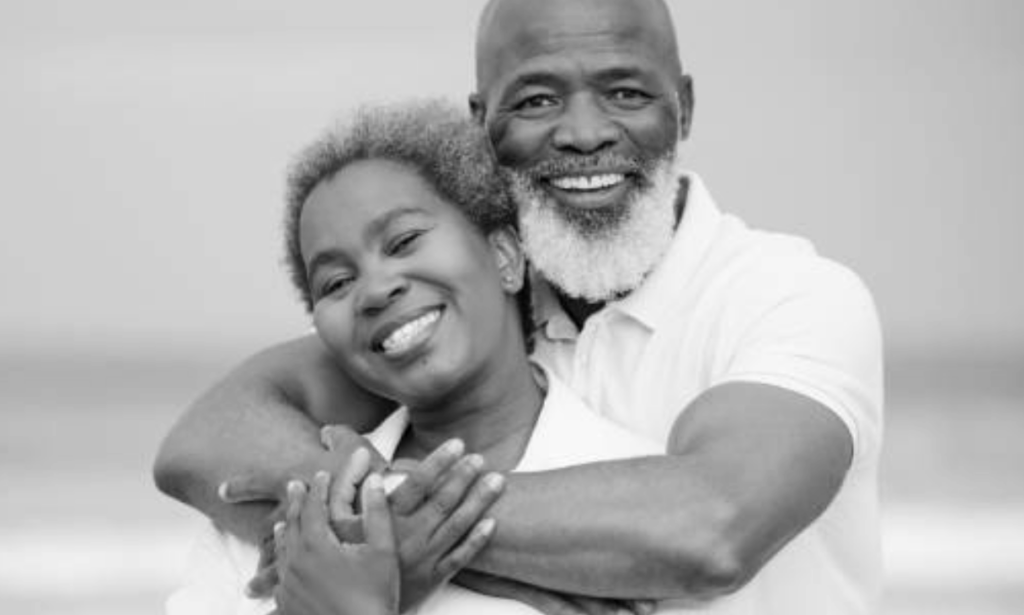
2024 Top Issue: Racism and discrimination

2024 Top Issue: Healthcare
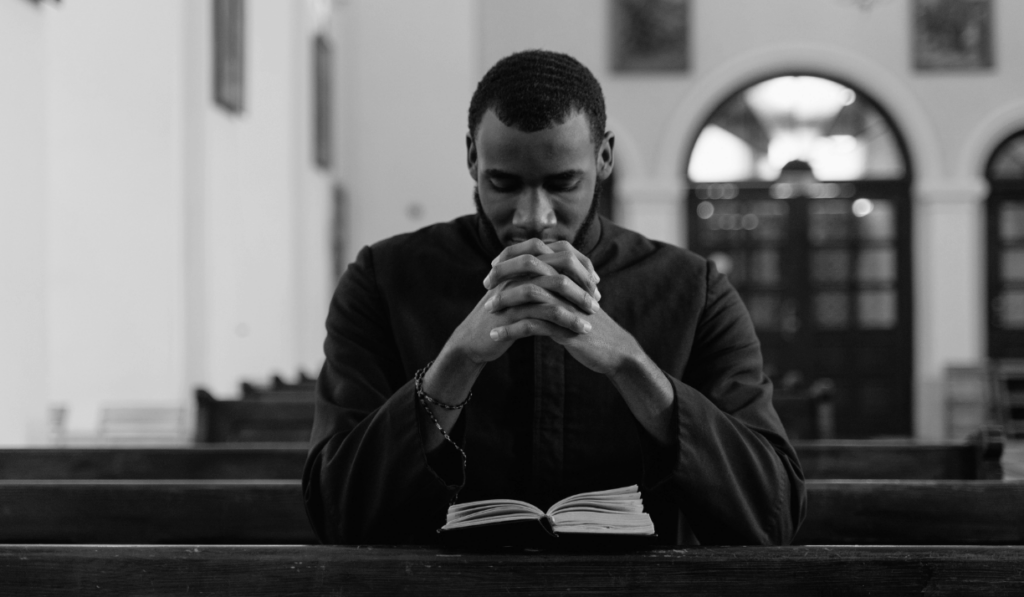
2024 Top Issue: Healthcare
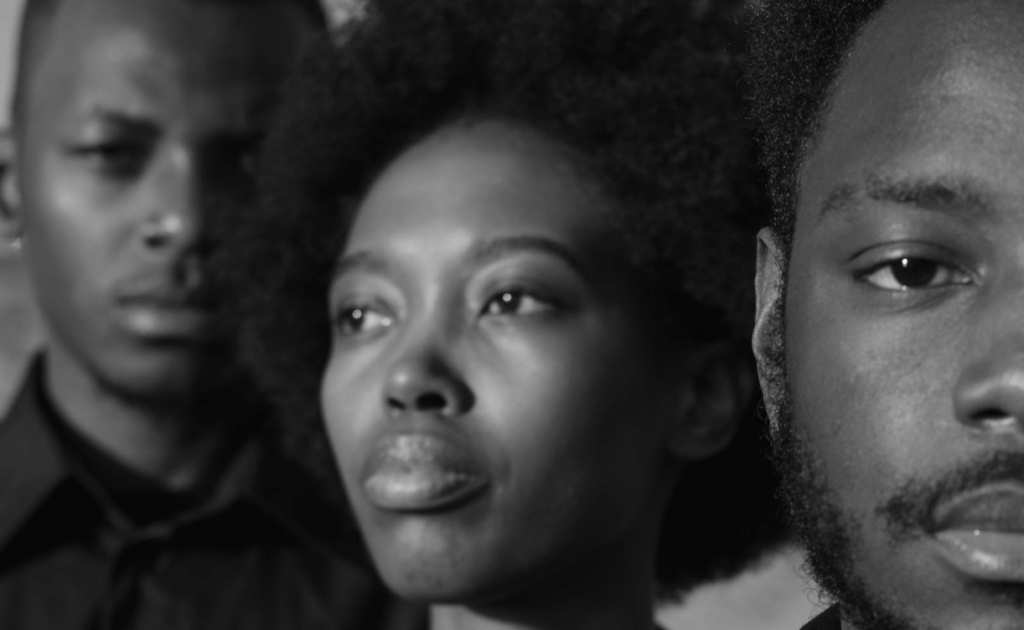
2024 Top Issue: Inflation and cost of living

2024 Top Issue: Inflation and cost of living
These findings are from a HIT Strategies survey of 2,034 Black registered voters and 918 Black unregistered voters. YouGov conducted survey weighting, matching respondents to frames based on gender, age, and education. The survey was fielded in March 2024. The margin of error is +/-1.84 %

Total N = 2,952
Black voters are not a monolith. Differences across values, identity, faith, and other factors impact how individuals engage in civic action. Understanding these values beyond simple demographics is the only way to meet Black voters where they are and achieve a power shift that results in material progress for Black communities.
2,034 registered Black voters; 918 unregistered eligible Black voters. The survey was fielded in March 2024. The margin of error is +/-1.84%


2024 Top Issue: Racism and Discrimination
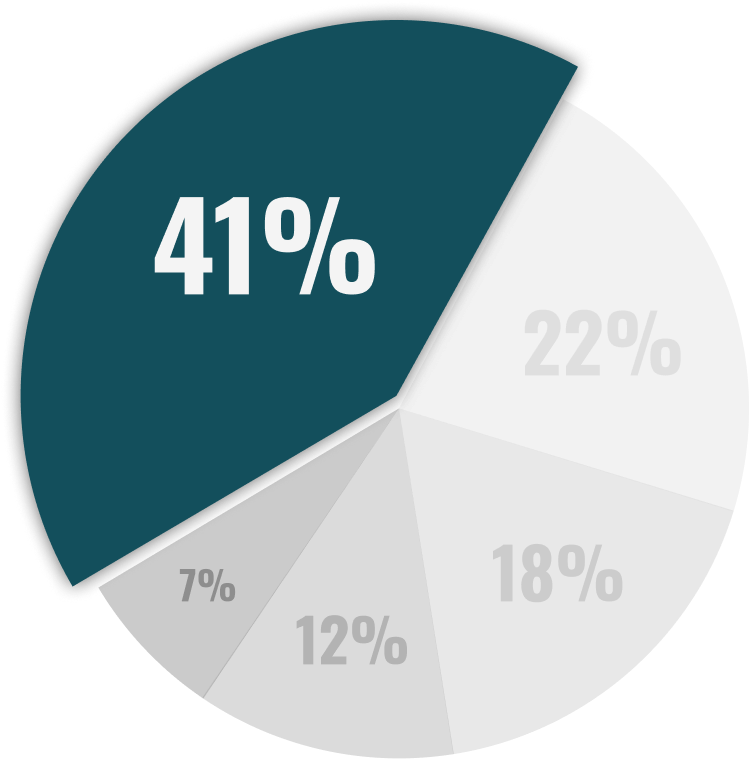

2024 Top Issue: Healthcare
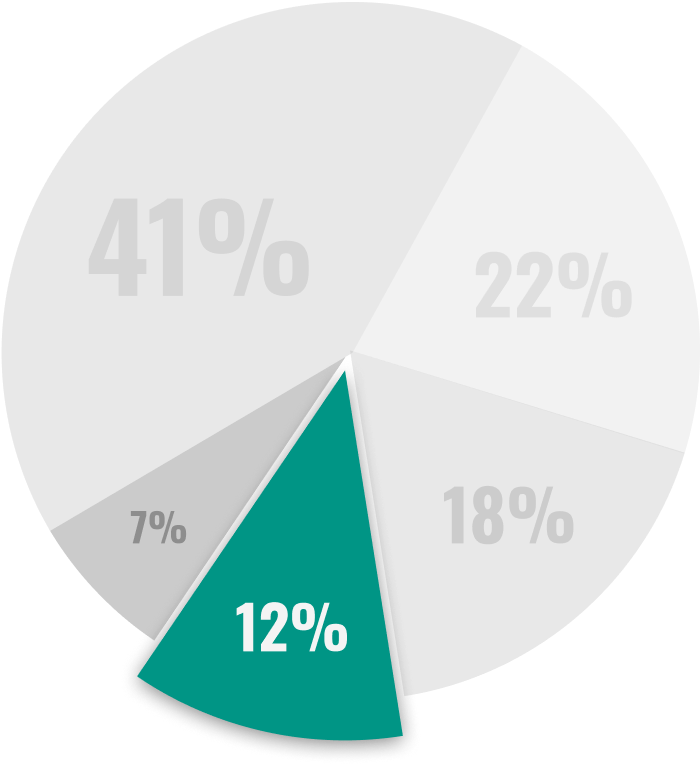

2024 Top Issue: Healthcare
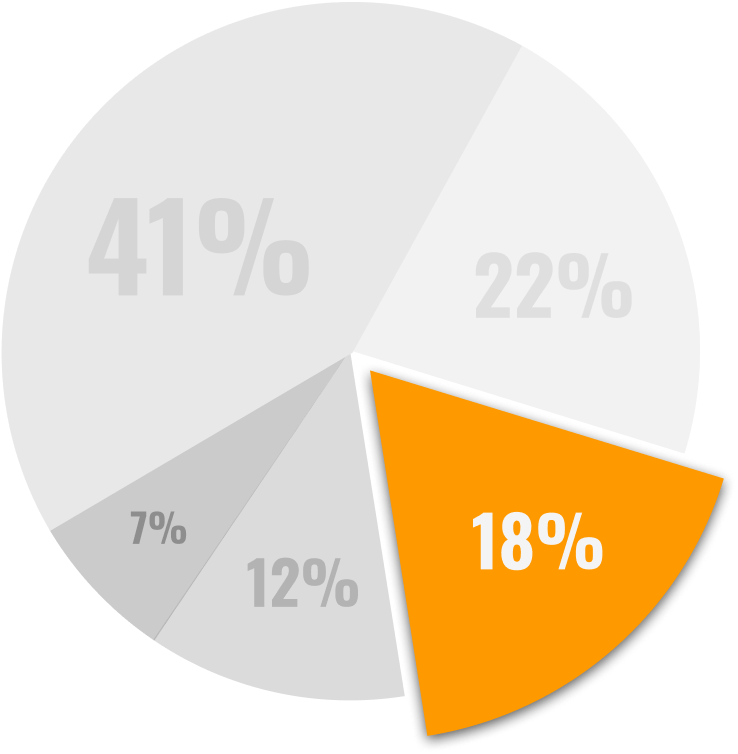

2024 Top Issue: Inflation and Cost of Living
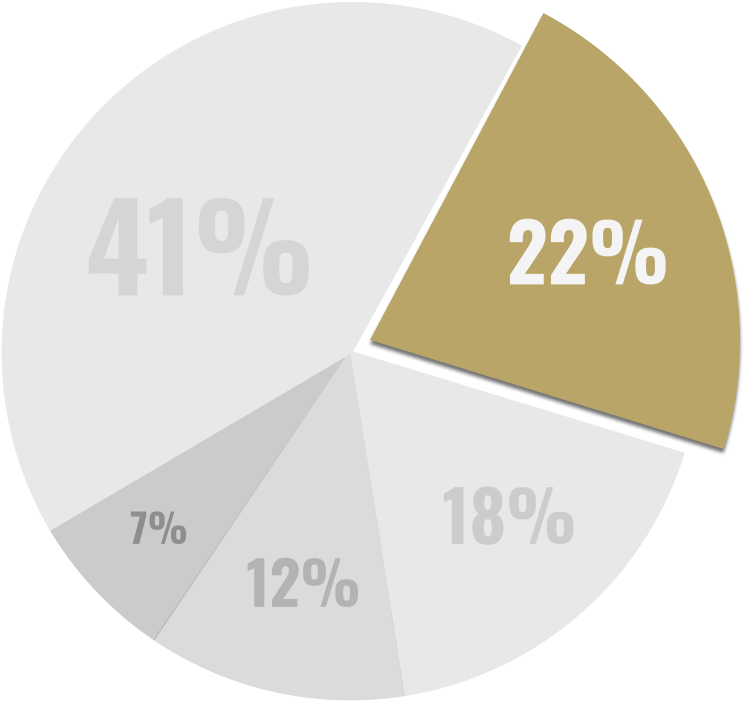

2024 Top Issue: Inflation and Cost of Living
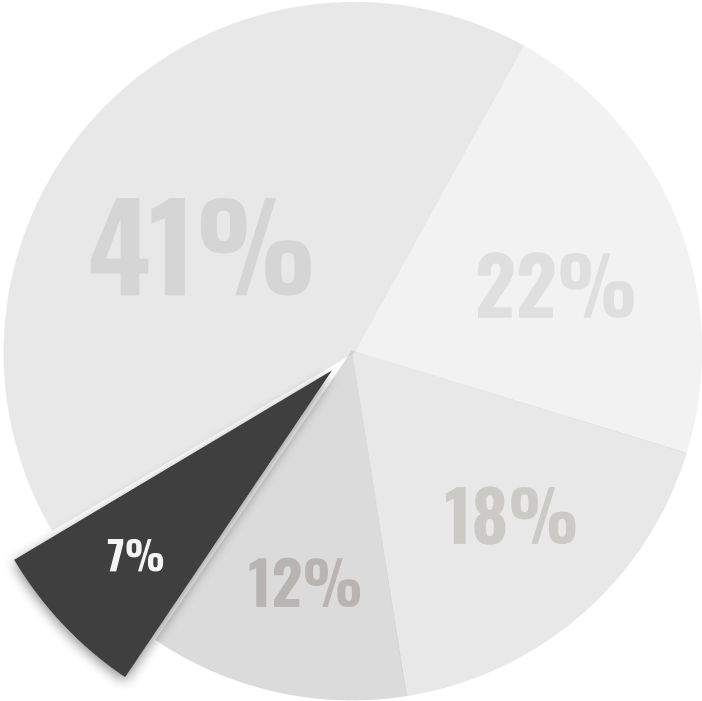


This persona is already engaged with high civic participation levels. They have a deep connection to the Black community and are primed to be volunteers and organizers for other clusters.
This persona is the core constituency within the Black electorate and the oldest. These individuals have the highest voting rates and highest levels of individual vote power, collective power, and political efficacy. Seventy-six percent of Legacy Civil Rights voters believe that the Black community has the power to make change on issues that matter most to their community. Eighty-three percent of Legacy Civil Rights voters turned out to vote in 2016, and 98% voted in 2020.
They also have a strong sense of Black identity and connection to the Black community. Of the Legacy Civil Rights cluster, 95% believe that being Black is important to their identity, and they have the highest level of linked fate, with 78% believing that what happens to other Black people in this country affects their lives.
This persona also has a high level of religiosity. And 43% identify as liberals, and 30% identify as moderates. However, this cluster generally has liberal or progressive-leaning views on a number of issues. For instance, they are the most likely of the clusters (87%) to believe that corporations and billionaires have rigged the economic system, and 69% believe that anyone who wants an abortion should be able to have one. They are also high-information voters and are civically engaged beyond elections—46% have donated to a cause in their community, 69% encouraged friends and family to vote, and 73% say they follow what’s going on in the government and public affairs some or most of the time.


This persona has the second-highest level of political participation. They are critical of racism within American institutions, yet despite that critique, they choose to engage because they see it as a way to help protect their community from harm.
This persona is the most progressive of the clusters, with the majority identifying as liberal. While they have a high vote likelihood, they have a lower sense of vote power than the Legacy Civil Rights cluster and an even lower sense of the power of the Black community.
Their lower perceptions of vote power is likely driven by concerns about racial bias and systemic discrimination. This persona believes that systemic racism is a major barrier to Black success. For example, 80% believe America is a racist country, 76% believe laws and policies designed to keep Black people down are a major challenge for the Black community, and 65% believe racism comes from laws and institutions.
While they do not have a high belief in the power of the Black community—48% believe the Black community has little to no power to change things—they are motivated to vote and take action to protect their community from harm. For this persona, the top motivations to vote include to protect or defend democracy, to prevent policies that will harm their community or family, and to push back on white supremacy.
Secular Progressives are the most educated and have the second-highest income across the clusters. The cluster is more than 60% women and 31% Gen X; 74% voted in the 2016 presidential elections, and 94% voted in the 2020 presidential elections.


This persona has the highest level of religiosity and tends to hold some traditional values around gender roles. While they have the lowest level of education and income and low voter turnout, they have a moderate level of vote power and political efficacy. They are what we call “high opportunity” voters.
This is a young cohort with a majority being millennials (36%) and Gen Z (24%). NextGen Traditionalists have a high level of religiosity, with 63% saying that religion and spirituality are important parts of their life. This cluster also has some more traditional views around gender roles. For example, 80% believe that a healthy family unit requires women to nurture the family and men to provide for the family. These traditional values do not necessarily translate to extremely conservative viewpoints on issues but in many instances a moderate perspective. For example, 47% of NextGen Traditionalists believe anyone who wants an abortion should be able to get one, and 52% agree with the statement that “I personally disagree with abortion, but the government shouldn’t be involved.”
Similar to the Legacy Civil Rights cluster, this persona has a strong Black identity and a high level of connection of the Black community—with 95% saying that being Black is important to their identity and 71% believing that what happens to other Blacks in this country affects their lives. While they have a relatively low voter turnout, they tend to have a moderate sense of their vote power and the collective power of the Black community. Sixty-seven percent believe their vote has power, and 71% believe the Black community has the power to impact change.
This cluster leans Democrat, with 49% identifying as Democrats, but also 28% identify as independents. When asked what would motivate them to vote in the November 2024 elections, 33% said to make a difference on issues that matter to them, and 23% said to elect someone who will represent them and their community.


This persona is the youngest cohort, has the lowest level of political efficacy, and has low levels of social trust. They have an unfavorable view of both political parties. On measures related to vote power, Black identity, and racism, this persona is in the middle. They are both disengaged and disinterested in politics.
This is the youngest cohort of the personas. The Rightfully Cynical persona has both the lowest level of political efficacy and vote likelihood among the five clusters. They also have low levels of social trust and tend have a disaffection with politics. For example, 23% of this cluster said they might not vote because they do not care enough about politics, and 51% says they hardly at all or only every now and then follow what is going on with politics.
The Rightfully Cynical cluster has a low approval of both political parties, with a slightly higher approval of Democrats than Republicans—35% favorability for Democrats and 29% favorability for Republicans. They largely (39%) identify as independents. On a number of measures on vote power, racial identity, and questions related to racism, they tend to fall in the middle—not leaning strongly one direction or another.
They are also the cluster with the second-lowest level of income and education. Other than the Race-Neutral Conservative cluster, they are the most likely cluster to have had a negative encounter with the police (44%) and have experienced racism at work (49%).
We describe this cluster as “rightfully” cynical because they are disengaged and disillusioned with politics and institutions, but that cynicism is rooted in experiences with institutions and systems failing them and their communities. They do have a moderate-level belief in their individual vote power and the collective power of the Black community, so we believe this persona can be moved, but it requires authentic messages and trusted messengers.


This persona is the most ideologically conservative of the clusters. They are very distinct from the other clusters on a number of measures, including Black identity, ideology, and issues related to racism. While this cluster has the highest Republican party identification, a large percentage also identify as independents.
This is the second-oldest cohort, with 37% identifying as Gen X, and it is also the most ideologically conservative persona. Race-Neutral Conservatives have the lowest measure of Black identity across the clusters, with only 39% believing that being Black is an important part of their identity, while 56% say being American is an important part of their identity.
Relative to the other clusters, they also tend to contribute the Black community’s challenges to individual causes rather than systemic. For example, 56% of this cluster believes that “Black people blaming racism for all our problems” contributes to the Black community’s challenges; comparatively only 28% believe that laws designed to keep Black people down causes challenges for the Black community.
While this cluster does have the highest Republican party identification (37%), a significant percentage also identifies as independents (43%).
They have the lowest sense of individual vote power, with 47% believing their vote has little to no power. Despite having relatively high income and education levels, this persona has only a moderate voter turnout rate—45% did not vote in 2016, and 41% did not vote in 2020.